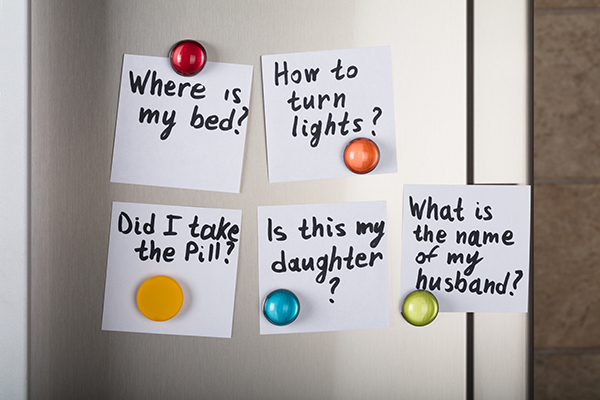
Learn about the newest and most important information regarding Alzheimer’s Disease
The Alzheimer’s Association has released its 2019 Facts and Figures Report, and with a full 5.8 million Americans currently diagnosed with the disease – including one out of every ten seniors – it’s important for all of us to understand the latest developments in research and treatment options.
According to the report, the number of Americans diagnosed with Alzheimer’s is expected to explode from 5.8 million in 2019 to an estimated 13.8 million in 2050. And while the impact is greatest on older adults, the disease begins to create changes in the brain a full 20 years or more before symptoms are evident.
If you’re one of the millions of family members providing care for a loved one with Alzheimer’s, you’re well aware of the investment in time required: combined with other family caregivers, totaling 18.5 billion hours in 2018 alone. In fact, 83% of dementia care is provided by family and friends. And the impact on a caregiver’s health is significant, with nearly 60% reporting emotional stress and nearly 40% suffering from physical stress.
Risk factors have also been updated in this year’s report, and include:
- Age: Not surprisingly, risk increases dramatically with age, from as little as 3% in the 65 – 74 age group, to 17% in those ages 75 – 84, to a whopping 32% for those age 85 and older.
- APOE gene: Of the 3 forms of the APOE gene (e2, e3, and e4), which transports cholesterol in the bloodstream, the e4 form is linked to the highest prevalence of the disease.
- Family history: Individuals with at least one first-degree relative (parents, siblings) are at a higher risk for developing Alzheimer’s, and the risk increases when shared lifestyle and environmental factors are at play (i.e. unhealthy eating or obesity).
Of significant importance is the finding that although healthcare providers are advised to regularly assess cognitive functioning for all seniors, only 16% of those over age 65 report receiving a routine assessment, and more than half have never received an assessment at all – in spite of the fact that 94% of physicians noted the importance of such an evaluation.
Per Joanne Pike, Dr.P.H., chief program officer for the Alzheimer’s Association, “Early detection of cognitive decline offers numerous medical, social, emotional, financial and planning benefits, but these can only be achieved by having a conversation with doctors about any thinking or memory concerns and through routine cognitive assessments.” Generations at Home remains committed to following the latest developments in Alzheimer’s disease, and to providing the exceptional, highly skilled care that allows for the highest possible quality of life at all times for those with dementia. Contact us online [KW3] or call us at 727-940-3414 for more educational resources related to Alzheimer’s, or to learn more about our specialized in-home dementia care services.







